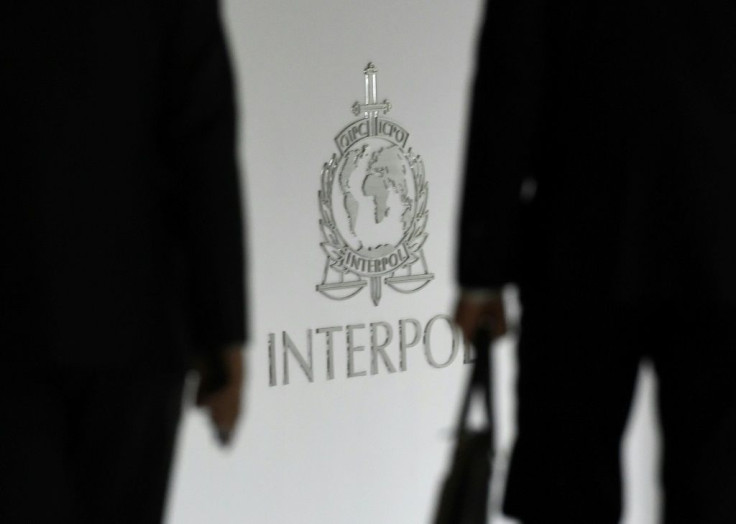Interpol Wants To Police The Metaverse To Respond To 'Sophisticated' Criminals
The International Criminal Police Organization (Interpol) has confirmed that it is looking into expanding its police cooperation and crime control on the virtual world platform called the metaverse.
Interpol Secretary General Jurgen Stock shared the agency's plan to police the crimes on the metaverse and underlined how criminals have become proficient in adapting to the latest trend in technology and technological tools in committing crimes.
"Criminals are sophisticated and professional in very quickly adapting to any new technological tool that is available to commit a crime," Stock told BBC, adding, "We need to sufficiently respond to that. Sometimes lawmakers, police, and our societies are running a little bit behind."
"We have seen if we are doing it too late, it already impacts trust in the tools we are using, and therefore the metaverse. In similar platforms that already exist, criminals are using it," he said.
While the metaverse is not yet fully embraced by the public, crimes are already happening on different virtual world platforms and victims have no one to turn to. Among these crimes include verbal harassment, assaults, counterfeiting, ransomware, financial fraud and money laundering.
Currently, one of the biggest challenges the agency is facing is how to determine if an action is a crime or not on the metaverse.
"If you look at the definitions of these crimes in physical space, and you try to apply it in the metaverse, there is a difficulty. We don't know whether we can call them a crime or not, but those threats are definitely there, so those issues are yet to be resolved," said Dr. Madan Oberoi, Interpol executive director of technology and innovation.
The executive director, however, believes that for Interpol to police the metaverse, the agency needs to be present on the virtual world platforms and have contact, which is the reason why the international police organization already has its own place in the metaverse launched in October last year.
"As the number of metaverse users grows and the technology further develops, the list of possible crimes will only expand to potentially include crimes against children, data theft, money laundering, financial fraud, counterfeiting, ransomware, phishing, and sexual assault and harassment," Interpol said during the metaverse's launch.

Interpol's virtual environment, which is only accessible via secure servers, allows police officers to get the feel of the virtual world and familiarize themselves with the kind of crimes that might take place there.
Interpol announced last year that it formed a dedicated unit to fight crypto crimes.
#Crypto currencies are emerging as major threat across the globe: Jurgen Stock, Interpol chief
— Sachin Singh (@sachinsingh1010) October 18, 2022
The Interpol global complex for innovation in Singapore is working on a mechanism to deal with challenges emerging from #Cryptocurency
© Copyright IBTimes 2024. All rights reserved.






















